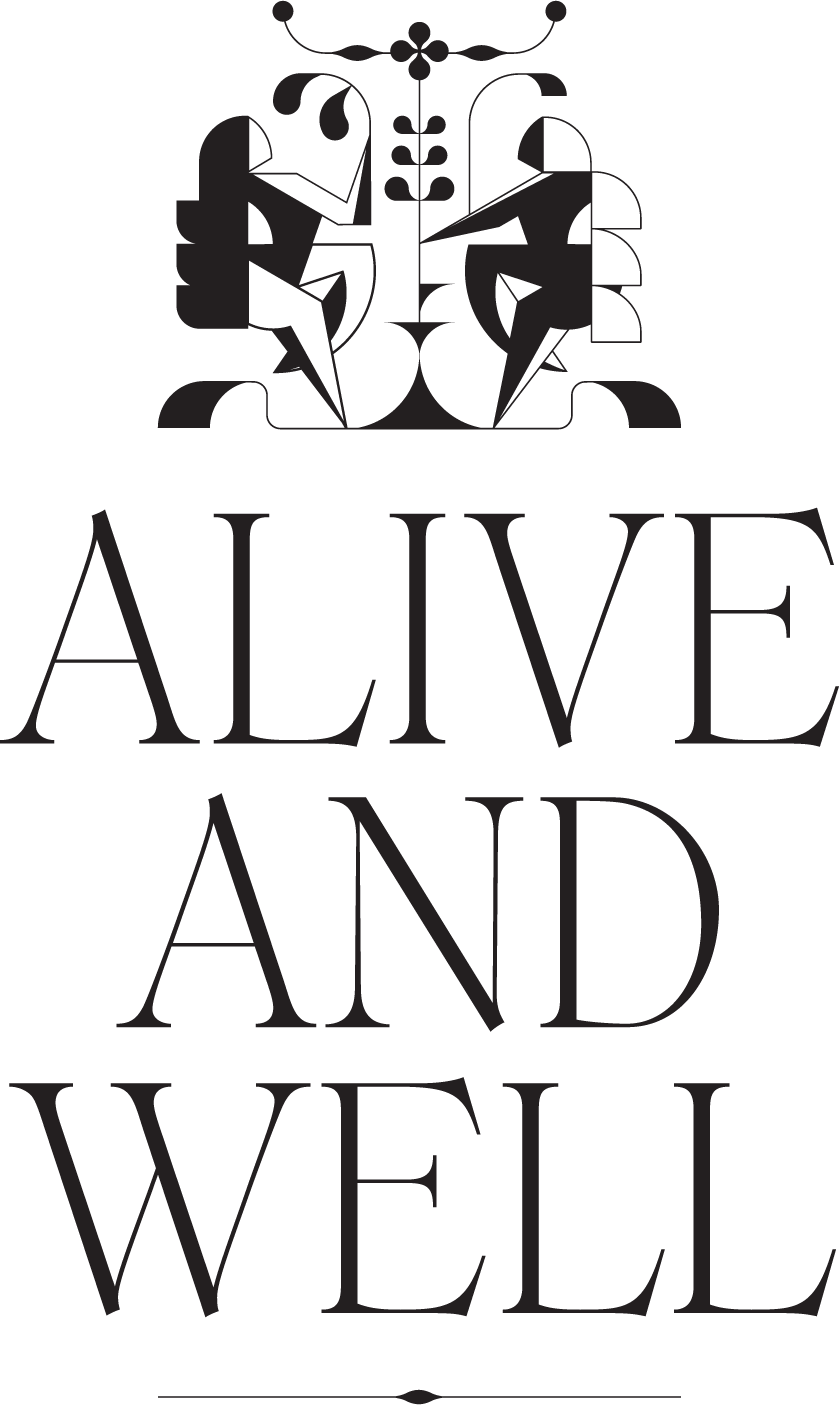Collagen supplements are a great buy for those looking to improve their skin, joint, and bone health, with effects reaching beyond, sometimes even able to help with weight loss. However, you may be wondering “how long does it take for collagen supplements to work?”. Truth be told, the answer depends on what you’re using it for and where you’re looking for results. In this blog post, we’ll cover the importance of collagen, the different types of collagen, and the major benefits of collagen supplements, how they work, and ultimately, how long it takes for collagen to work.
What Is Collagen?
Collagen is a protein found in the body that provides structure and support to connective tissues such as skin, tendons, bones, cartilage, and ligaments. It is essential for wound healing, bone strength, and skin elasticity, among other things. There are 28 different types of collagen, but the most common types in the body are types 1, 2, and 3. The body naturally produces collagen, but production decreases as we age.
Type 1 collagen is the version you find in most beauty products touting it as an ingredient; this kind of collagen makes over 90% of our hair, nails, and ligaments. There’s even some in the cornea of your eyes! Type 2 on the other hand makes up parts of your gut lining and helps your body produce cartilage. That’s the same stuff our ears and noses are made out of. Type 3 is usually found alongside type 1, and is vital to your cardiovascular and skin health.
Benefits of Collagen Supplements
Collagen supplements come in various forms, including powders, pills, and liquid drinks, and have numerous health benefits, including enhancing skin health by reducing wrinkles and promoting skin elasticity, supporting joint and bone health by reducing joint pain and stiffness, promoting hair and nail growth, and improving gut health by reducing inflammation and improving digestion. You might be surprised it can even help with weight loss as natural, mild appetite suppressant.
Collagen Absorption
How quickly you can see results from the supplement depends largely on how well you can absorb it. Several factors can impact collagen absorption in the body, including age, lifestyle, diet, and the quality and type of supplement. As we age, collagen production decreases, making supplementation more critical. Lifestyle habits, such as smoking and excessive sun exposure, can also reduce collagen levels.
A diet rich in vitamin C, which is essential for collagen synthesis, can help boost collagen absorption, while a diet high in sugar can reduce collagen production. It can benefit those planning to take it to add vitamin C to the list. Finally, the quality and type of supplement can also affect absorption, as some forms of collagen may be easier for the body to absorb than others.
Types of Collagen Supplements
There are several types of collagen supplements available on the market, including bovine, marine, porcine, and chicken collagen. Chicken is the most common source of type 2, while bovine is the most common source of type 3. However, it’s rare that you’re able to get a supplement with only one type of collagen– you’re more likely to go beyond just the first three most common types.
Bovine collagen is derived from cow hides and is known for its high levels of type I and type III collagen, which are essential for skin health. Marine collagen is derived from fish and is the most easily absorbed type of collagen. Porcine collagen is derived from pigs and is rich in type I and type II collagen, which is essential for bone and joint health. Chicken collagen is derived from the sternum of chickens and is rich in type II collagen; an essential for joint health.
How Collagen Supplements Work
When a person takes a collagen supplement, it’s broken down during digestion into smaller proteins called amino acids. These are then transported to tissues across the body that use these components to build collagen and other proteins.
The Science Behind Collagen Supplements
Several studies have shown the effectiveness of collagen supplements in improving skin, joint, and bone health. Often they’ve found that taking type 1 collagen supplements for a minimum of eight weeks saw a significant improvement in skin elasticity, while those dealing with knee pain saw improvement in their symptoms after taking type 2 collagen supplements for twelve months.
How Long Does It Take for Collagen Supplements to Work?
The length of time it takes for collagen supplements to work can vary depending on several factors, including individual variations, dosage, frequency of intake, and overall health and medical conditions. In general, expect about 8-12 weeks to see visible results in the skin, while joint and bone health to take about a year. One of the reasons that people often feel frustrated with the results is how long it takes to for them to feel the effects.
Factors Influencing Collagen Supplement Results
Several factors can impact the results of collagen supplements, including the dosage and frequency of intake, overall health and medical conditions, and complementary lifestyle practices. Taking the recommended dosage and frequency consistently is essential to see results, and individuals with underlying health conditions may see slower results.
If you’re looking for faster results from your skin, look at taking marine collagen supplements with vitamin C. Washing your skin on your face and blemished areas can also help clear away dead skin cells and promote more growth of new cells nourished by the added supplements.
Patience and Consistency Is Key
Overall, collagen supplements can be an effective way to improve skin, joint, and bone health, among other benefits. However, the length of time it takes for collagen supplements to work and the results can vary depending on individual factors. To ensure maximum effectiveness, it’s essential to choose a quality supplement, follow recommended dosages, and make complementary lifestyle choices like eating a healthy diet and practicing healthy habits. Ultimately, incorporating collagen supplements into a health and wellness regimen can support overall health and well-being.









